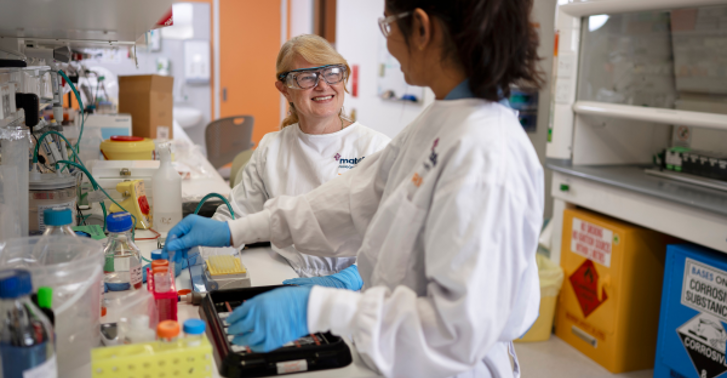How does your blood/genetics influence how well pain relief works in cancer?
This is a trial of opioid pain relief switching for adverse effects or inadequate pain relief for patients with pain related to cancer.
Patients with advanced cancer on either oxycodone or morphine as their first slow-release opioid for cancer related pain and who meet all eligibility criteria will be registered on to the study. Following registration, patients will be followed up for 8 weeks for opioid switch. Patients will have blood tubes collected for genetic information, and again if their opioids change during the study. Patients will fill out questionnaires about cancer symptoms.
During these 8 weeks, there is 2-weekly contact (by the study coordinator via phone/telehealth/face-to-face), and monthly contact (by palliative care doctor via phone/telehealth/face-to-face). If during the study coordinators’ contact, the patient meets criteria for opioid switch, then the palliative care doctor will review the patient for need for opioid switching.
After completing the 8-Week Follow-up Period, patients will be followed up in a registry for 52 weeks. The registry will collect information on opioid switching.
What you need to know
Who can take part?
- Adult with diagnosis of advanced cancer (including non-metastatic cancers that are deemed incurable due to any reason)
- Currently on oxycodone or morphine and taken for ≥ 3 days as first regular ongoing strong slow-release opioid
- Pain related to cancer and/or its treatment requiring opioid therapy
- Willing and able to complete the study questionnaires.
What is involved for me?
- blood test at the beginning and if your pain relief changes
- symptom questionnaires every 2 weeks for 8 weeks
- contact with staff every 2 weeks by phone or in person for 8 weeks
- a telephone interview at 8 weeks



